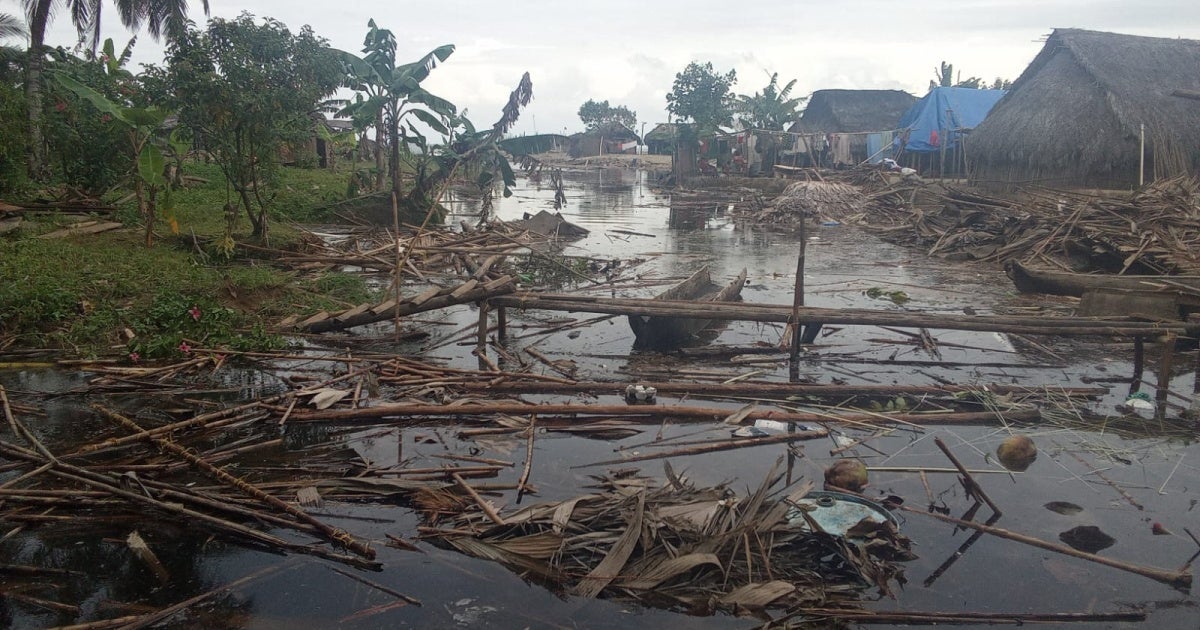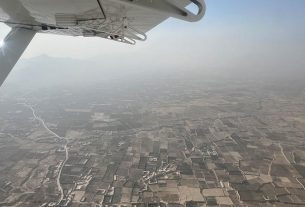As the 2025 rainy season peaks in Panama, the Guna Indigenous community of Ukupa, which was displaced by floods late last year, is still waiting for much-needed governmental support.
After severe flooding in December 2024 left their homes on the Caribbean coast uninhabitable, community members chose a measure of last resort: to relocate to a new, safer site called Wichumur. But the government support that community members need to move in a dignified way still hasn’t materialized.
Another Guna community formerly living on a flood-prone and overcrowded island, Gardi Sugdub, previously sought support to relocate to Isber Yala, a process that took over a decade and was fraught with delays and other challenges. Finally, in 2024, community members received keys to their new homes.
Ukupa should not be left in protracted limbo for many years like Gardi Sugdub. With adequate planning, solutions for displaced communities can be more systematic and holistic. A robust, inclusive National Protocol on Planned Relocation, developed in close collaboration with Indigenous and local leaders, is vital, and a key recommendation from Human Rights Watch’s 2023 report on Gardi Sugdub.
Building on past government commitments, recent updates are promising. An Executive Decree was shared for public consultations and, once finalized, will lay the legal foundation for a National Protocol, alongside regular monitoring of climate displacement. However, the decree remains on the desk of President José Raúl Mulino, awaiting his signature.
Meanwhile, the Panamanian Ministry of Environment is taking steps toward the National Protocol. In September 2025, an Environment Ministry technical team visited the relocated community in Isber Yala and other communities in different stages of relocation. The consultations aimed to understand people’s experiences, challenges, and priorities for the National Protocol.
President Mulino should quickly sign the Executive Decree, and the Ministry of Environment should finalize and implement the National Protocol, ensuring that Ukupa and other communities are not left in limbo as the climate crisis worsens. It is imperative that this new protocol reflects the realities of Indigenous people and upholds their rights to self-determination, culture, and free, prior, and informed consent.
Panama’s forthcoming National Protocol could also be a model for other countries.
Hundreds of communities worldwide have already relocated or are relocating as rising seas and worsening storms threaten homes and livelihoods. Displaced communities need durable solutions, including through community-driven planned relocation as a last resort. As climate change accelerates, every country with a coastline needs to take these issues seriously and develop rights-respecting policies.



